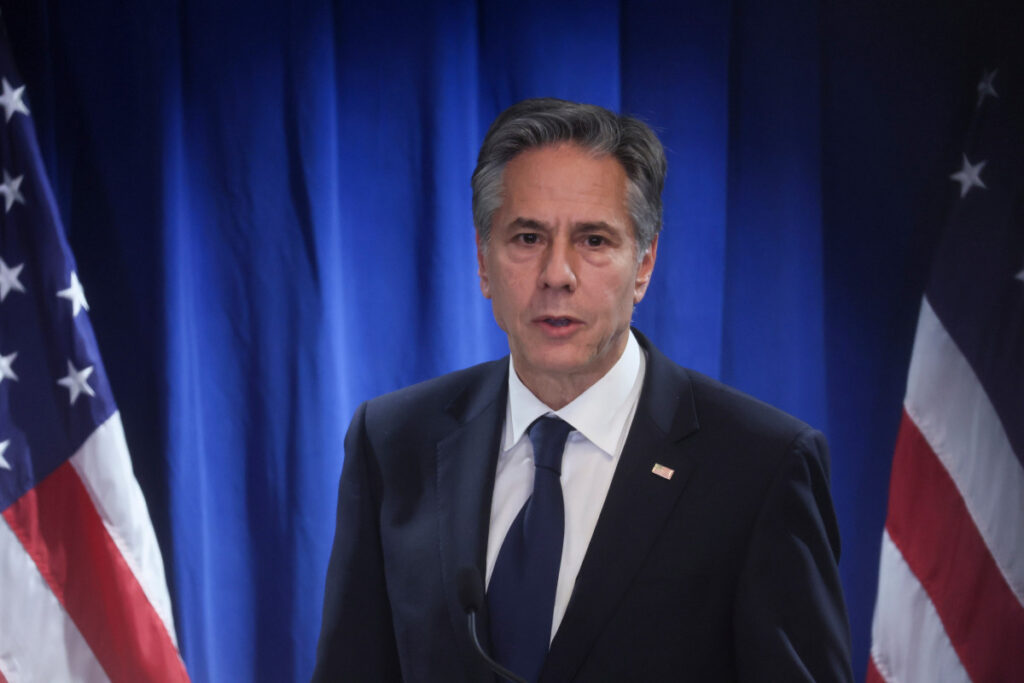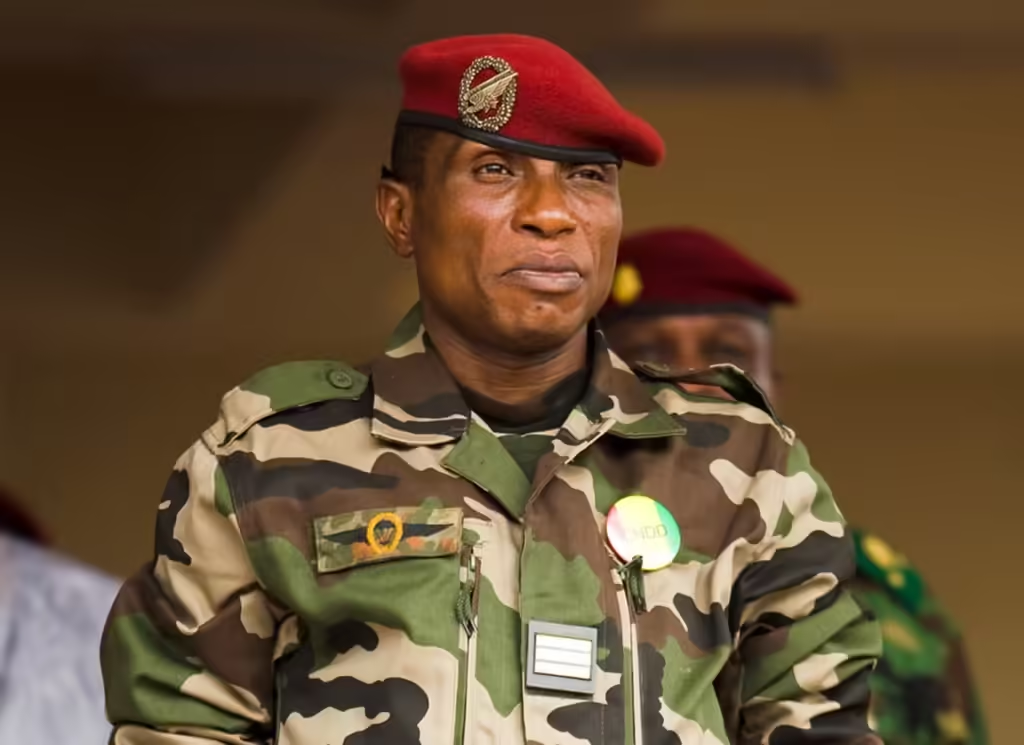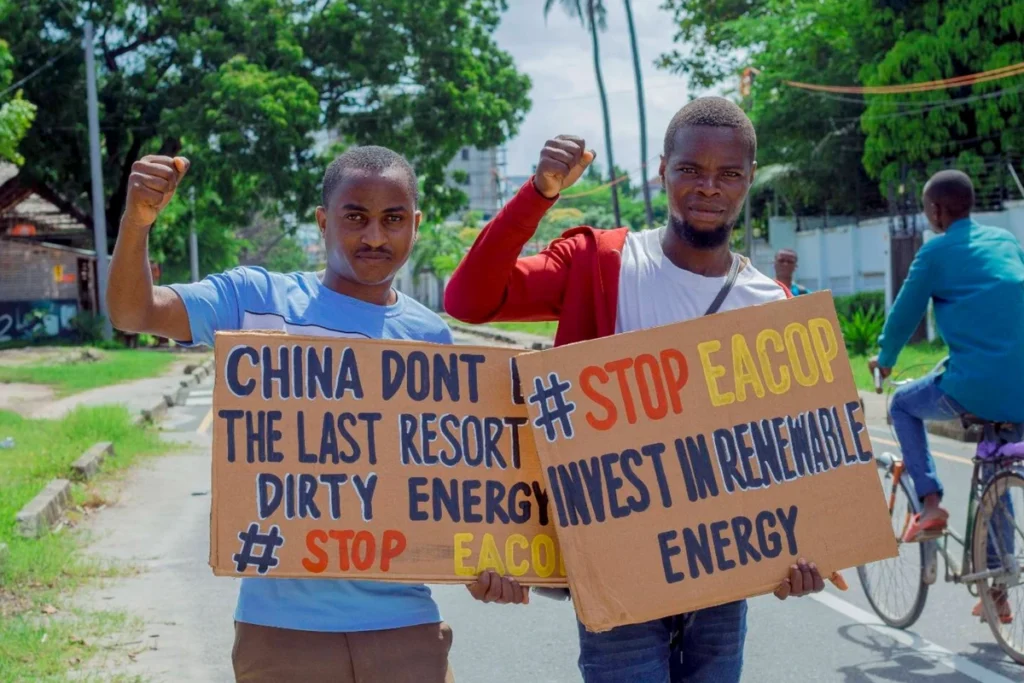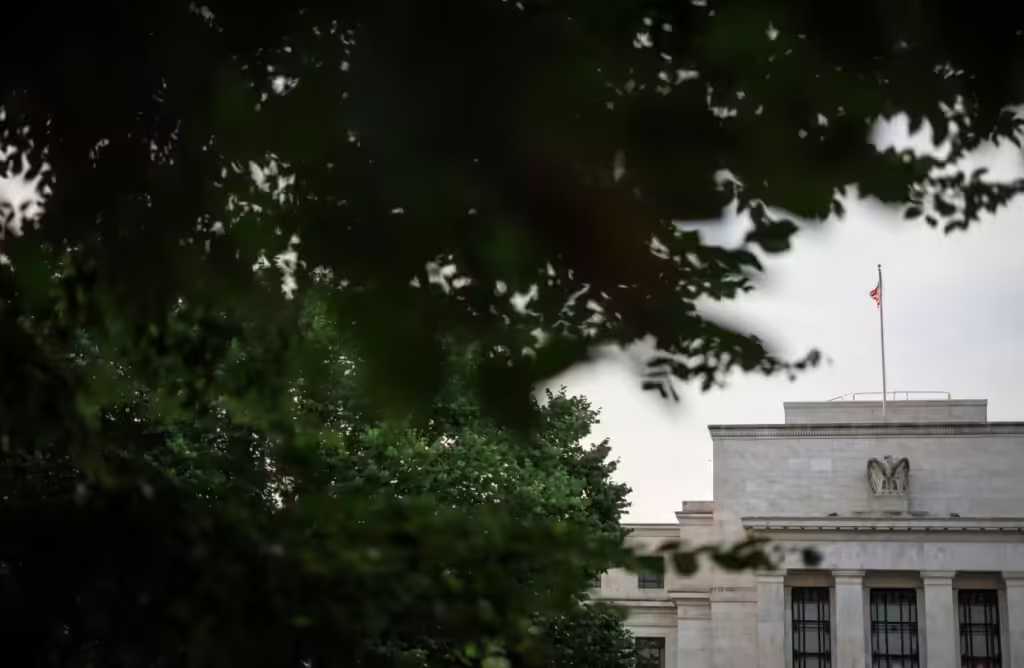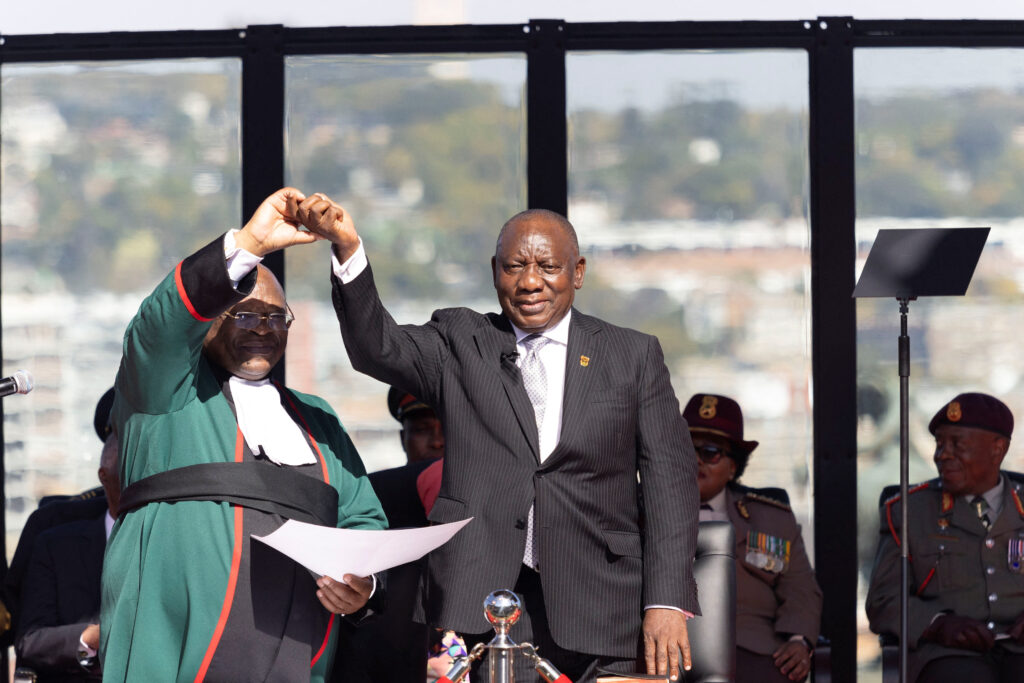
Cyril Ramaphosa was sworn in for his second term as South Africa’s president on Wednesday, marking a significant shift in the country’s political landscape.
For the first time in its three decades of democracy, the African National Congress (ANC) will share power with other parties, following its failure to secure a majority.
The ANC, once a dominant force under Nelson Mandela’s leadership after the historic 1994 elections that ended apartheid, has seen its influence wane after years of decline.
The recent parliamentary election on May 29 resulted in no party gaining a majority, prompting Ramaphosa to lead a government of national unity that includes five other parties. Among these is the ANC’s main rival, the pro-business Democratic Alliance (DA).
While investors have responded positively to the inclusion of the DA, which advocates for structural reforms and sound fiscal policies to stimulate growth, analysts caution that significant ideological differences could pose challenges to the coalition’s stability.
Before the election, Ramaphosa enacted a National Health Insurance bill, which the DA criticizes as potentially disastrous for the already strained health system. The fate of this law under the new government remains uncertain.
The DA is also pushing to abolish the ANC’s Black economic empowerment programme, arguing it has been ineffective. This stance is contentious in a country still grappling with profound inequalities rooted in its apartheid history.
Ramaphosa’s inauguration ceremony, held at the Union Buildings in Pretoria, was attended by African heads of state and dignitaries from around the world, including Cuba, a long-time ally of the ANC.
The event featured military displays and inter-faith prayers by Christian, Hindu, Muslim, Jewish, and traditional African religious leaders, highlighting South Africa’s rich cultural diversity.
Military helicopters flew overhead, trailing the national flag to the delight of the crowd.
Ramaphosa has yet to reveal the composition of his new government, which will be determined through negotiations with the coalition partners. “The president does not want the country to go through a prolonged period of uncertainty,” said his spokesman Vincent Magwenya, adding that consultations would continue late into Wednesday.
In the recent election, the ANC retained its position as the largest party with 159 seats in the 400-seat National Assembly, though it lost millions of votes compared to the 2019 election.
The DA maintained its vote share, securing 87 seats.
Voters have expressed dissatisfaction with the ANC due to persistent issues such as poverty, inequality, unemployment, high crime rates, frequent power outages, and corruption within the party.

